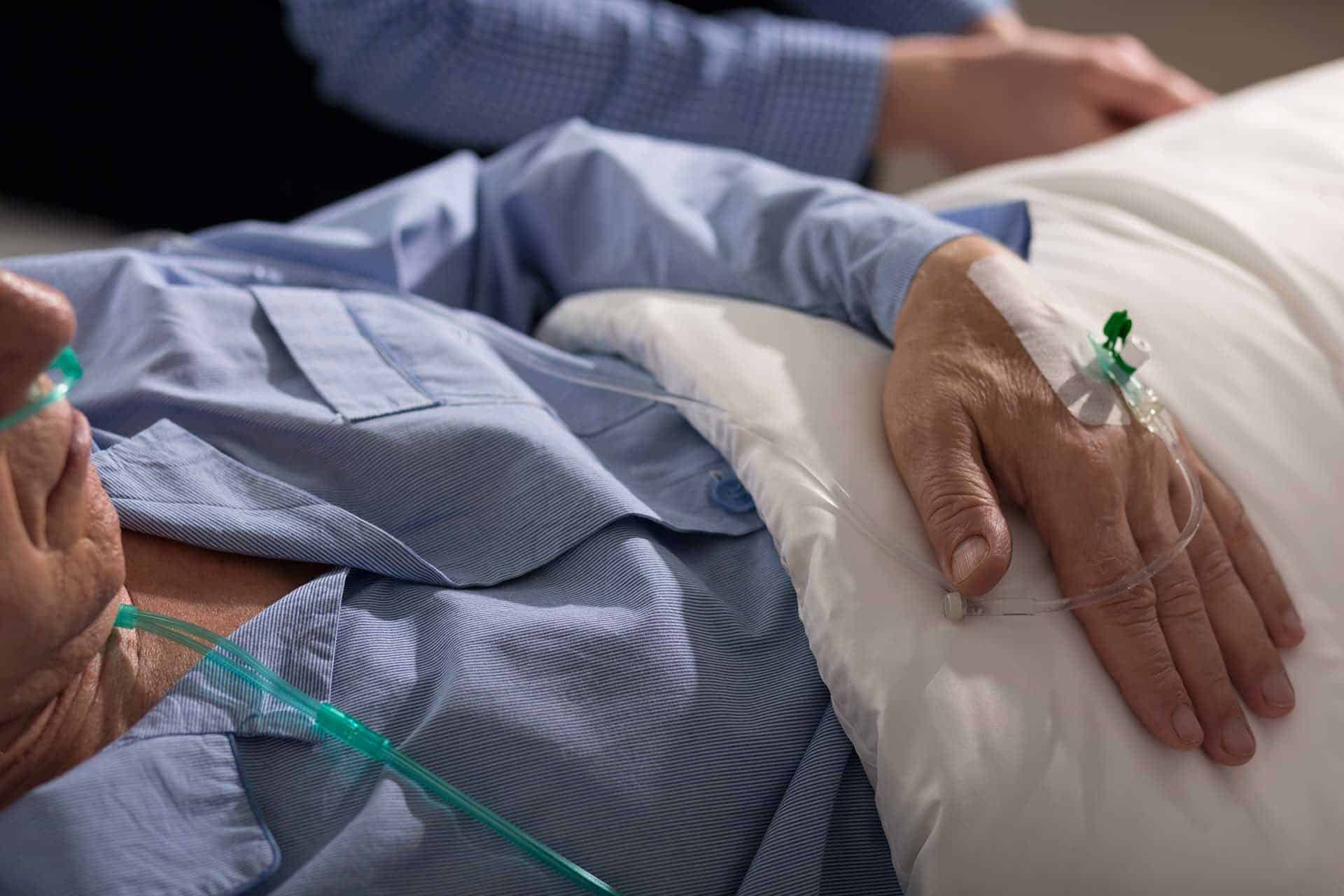Bowel cancer screening is a test you can use at home to help you understand if you have symptoms of bowel cancer. The Government say the screenings are offered so that bowel cancer is detected at an early stage in people who have no symptoms, as this is when treatment is most likely to be effective.
As well as helping detect bowel cancer, the screening can also help identify polyps within your bowels. Bowel Cancer UK say that polyps are non-cancerous growths in your bowels which have the potential to develop into cancer in the future. These can often be removed to lower the risk of cancer developing in your bowels.
The Government also says that regular bowel cancer screenings can reduce the risk of developing and dying from bowel cancer.
What is the bowel cancer screening age?
Within the England, Wales and Northern Ireland, bowel cancer screening checks are offered by the NHS to people between the ages of 60 and 74. However this programme is expected to be expanding over a 4-year period which began in April 2021 with the age range coming down for screenings to 50-59 years of age. As the expansion process continues people over the age of 56 are now starting to be offered a screening the Government has confirmed.
The screenings are offered by the Government every 2 years and will contact you via contact details provided by your GP, therefore it is important to keep your details up to date with your GP. If you are over the age of 74 you can still request a bowel cancer screening kit every 2 years by calling the Government’s free helpline: 0800 707 6060.
How does a bowel cancer screening work?
You will be sent a kit to your home which according to NHS Inform you will be sent:
- A small test tube for your sample
- Full instructions of how to complete your screening
- A pre-paid envelope
Cancer Research UK say that you do not need to respond to your invitation to do your screening and that you will automatically be sent one around 2 weeks after you receive your invite. You will then complete the test at home by collecting a stool sample. Cancer Research UK suggest placing an old plastic container lined with toilet roll into the toilet to help you collect the sample. Then you should dip the stick into the container to take your sample and place into the testing tube. You should put this tube back into the envelope and post it. The NHS advises that if the stool is not being posted the same day, you should place the sample into the fridge in a sealed plastic bag.
NHS Inform say that your results should be posted back to you within 2 weeks. If there are no signs of bowl cancer you will not require any further tests. However, if there is an amount of blood in your sample, then you may be required to have further tests. The Government say that about 2 in every 100 people have this result. Further tests such a colonoscopy can help determine why there is blood in your sample.
Risk of bowel cancer – Almost 9 in 10 people with bowel cancer are aged 60 or over
There are many factors that can lead to you developing bowel cancer, however as the NHS says there is no exact cause. The factors they outline that could increase your risk of bowel cancer are:
- Your age
- A diet high in red or processed meats and low in fibre can increase your risk
- Bowel cancer is more common in overweight or obese people
- Being inactive increases your risk of getting bowel cancer
- Drinking alcohol might increase your risk of getting bowel cancer
- Smoking may increase your chances of getting bowel cancer
- Having a close relative who developed bowel cancer under the age of 50 puts you at a greater lifetime risk of developing the condition; screening is offered to people in this situation, and you should discuss this with a GP
Do you think you have suffered negligence relating to cancer?
If you or your child has suffered medical negligence relating to cancer, our medical negligence experts are here to help, and have supported many people through similar situations. In the past we have helped many patients claim compensation as a result of cancer negligence.

